


On the occasion of Vijay Diwas, India and Bangladesh commemorated the victory of the Indian Armed Forces in the Indo-Pakistan war of 1971. Officers from the Indian Army, Navy, and Air Force paid their respects at the Army Headquarters Eastern Command in Kolkata, along with their counterparts from the Bangladesh Army. To celebrate this joint victory, eight Indian war veterans and two serving officers have arrived in Dhaka while eight Bangladeshi freedom fighters and two serving officers are in Kolkata to participate in the annual exchange of war veterans and attend the Vijay Diwas celebrations.
Vijay Diwas: Commemorating India's Triumph in the 1971 Indo-Pakistan War
Vijay Diwas, celebrated on December 16th each year, marks a significant milestone in Indian history, commemorating the victory of the Indian Armed Forces over Pakistan in the 1971 Indo-Pakistan War. This war played a pivotal role in the liberation of Bangladesh and the establishment of its independence.
Background:
Tensions between India and Pakistan had escalated in the 1960s and 1970s due to political and economic disputes. The situation reached a boiling point in 1971 when the Pakistani military launched a brutal crackdown against the Bengali-speaking population of East Pakistan (now Bangladesh). Faced with a humanitarian crisis, India intervened on December 3, 1971, launching a swift and decisive military campaign.
Indo-Pakistan War of 1971:
The war lasted for 13 days and witnessed fierce fighting on both sides. The Indian Armed Forces, led by Field Marshal Sam Manekshaw, launched a multi-pronged offensive, targeting both East and West Pakistan. The Indian Air Force achieved air superiority early in the conflict, while the Indian Navy blockaded Pakistani ports.
On December 16, 1971, the Pakistani forces in East Pakistan surrendered unconditionally, marking a decisive victory for India. The war resulted in the liberation of Bangladesh and the establishment of Sheikh Mujibur Rahman as the first Prime Minister of the new nation.
Vijay Diwas: A Symbol of Indo-Bangladeshi Friendship:
Vijay Diwas holds immense significance for both India and Bangladesh. It symbolizes the deep bond between the two countries and the shared sacrifice of their soldiers in the war. To commemorate this victory, India and Bangladesh observe Vijay Diwas jointly, with events and ceremonies held in both nations.
Top 5 FAQs and Answers:
1. What is the significance of Vijay Diwas? A: Vijay Diwas commemorates the victory of the Indian Armed Forces in the 1971 Indo-Pakistan War, which led to the liberation of Bangladesh.
2. Why is Vijay Diwas celebrated jointly by India and Bangladesh? A: To honor the shared sacrifice of Indian and Bangladeshi soldiers during the war and to strengthen the bond between the two nations.
3. Who was the leader of the Indian Armed Forces during the 1971 war? A: Field Marshal Sam Manekshaw was the Chief of Army Staff of the Indian Army during the war.
4. What was the role of the Indian Navy and Air Force in the war? A: The Indian Navy blockaded Pakistani ports, while the Indian Air Force achieved air superiority and provided crucial support to ground troops.
5. How long did the 1971 Indo-Pakistan War last? A: The war lasted for 13 days, from December 3 to December 16, 1971.
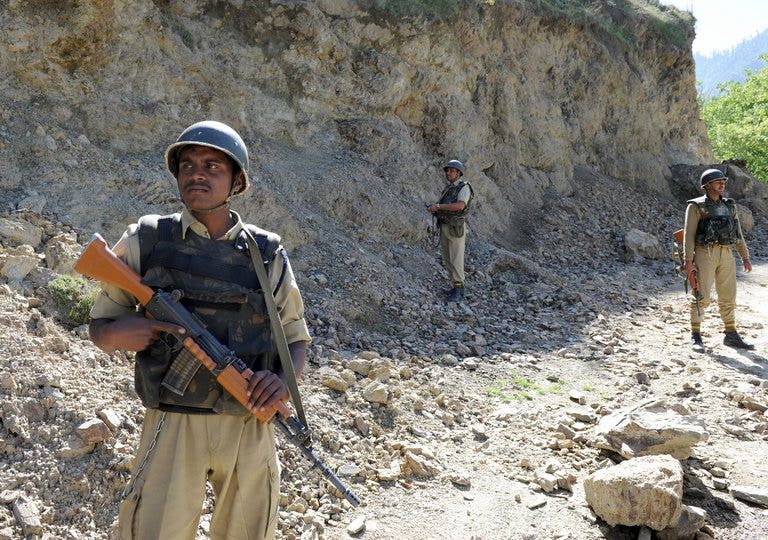
The tensions between India and Pakistan have heightened as the Pakistan Army has escalated its attacks on multiple locations along the Line of Control and the International Border. In response, the Indian Army and Border Security Force have swiftly and effectively retaliated to the unprovoked firing, while Pakistan has activated a wide stretch of its troops. Intelligence suggests that Pakistan has also further mobilised its divisions in anticipation of possible Indian retaliation. Despite the escalation, the Indian Army remains in firm control of the situation and is actively suppressing Pakistani firepower.
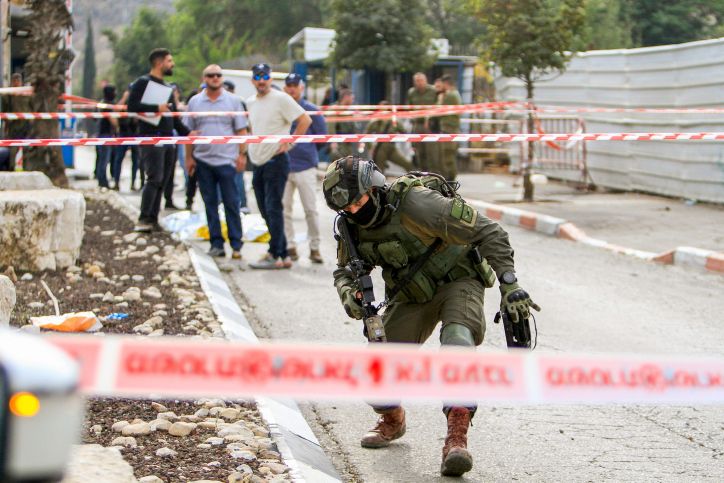
In the aftermath of the tragic terror attack on tourists in Kashmir's Pahalgam, Olympic bronze medallist wrestler Bajrang Punia expressed his sorrow over those who went in search of inner peace but met a brutal end. As the death toll rises and the nation reels from the horror of such senseless violence, the unrelenting hatred of such extremists is palpable. With officials linking the attack to a Pakistan-based terror outfit, the incident has sparked yet another tense moment in the ongoing conflict between India and its neighboring country.
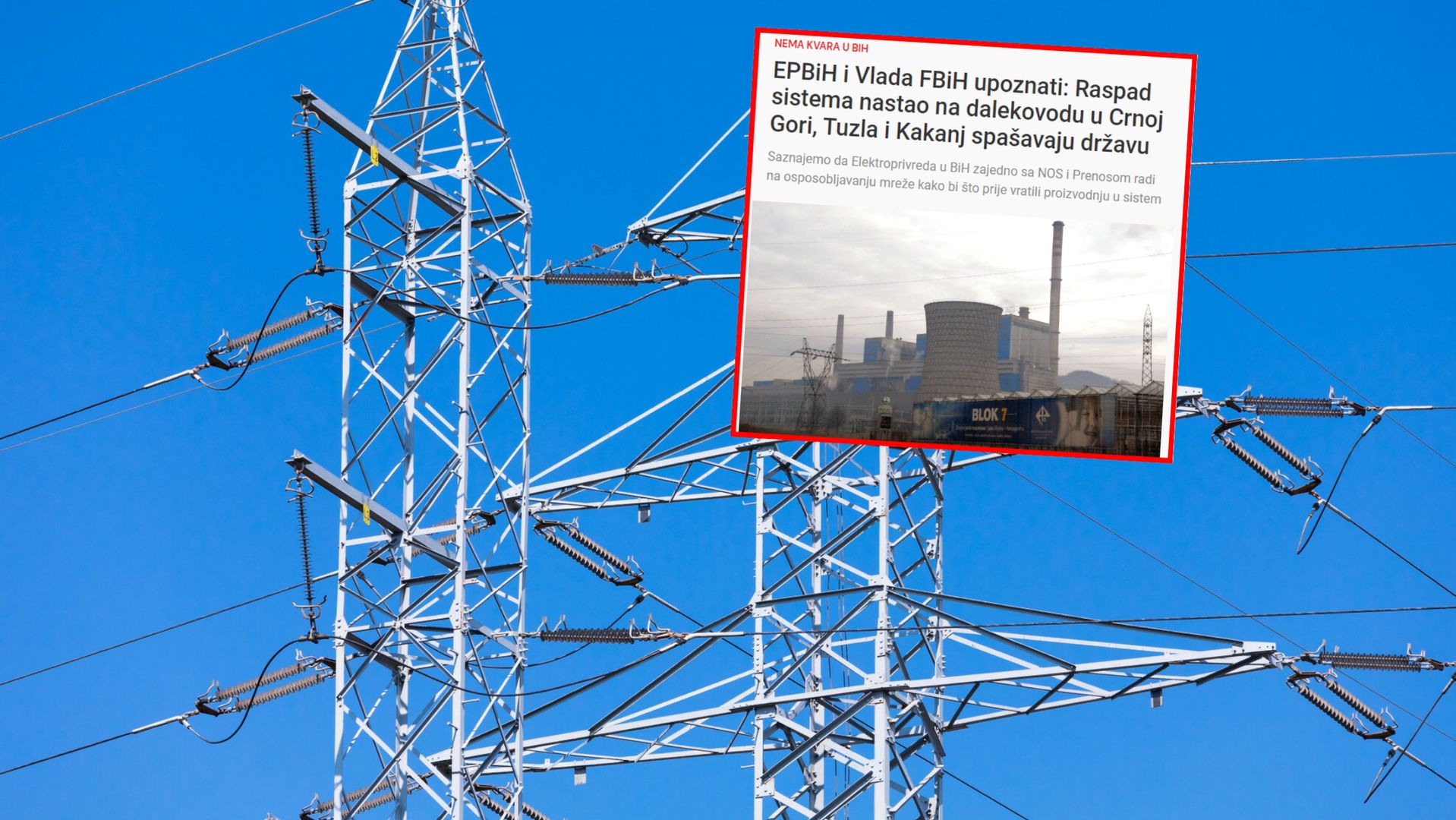
A widespread power cut in Western Europe has caused panic buying and chaos as 50 million people are left without electricity. Spain has declared a state of emergency and several other countries, including France and Portugal, have also been affected. Madrid's main airport has been hit, public transportation has come to a halt, and even airline operations have been disrupted. The situation is critical, with reports of one fatality and numerous cases of smoke inhalation due to a fire caused by the power cut. The Canary Islands have also been affected, with disruptions to their telecommunication systems.
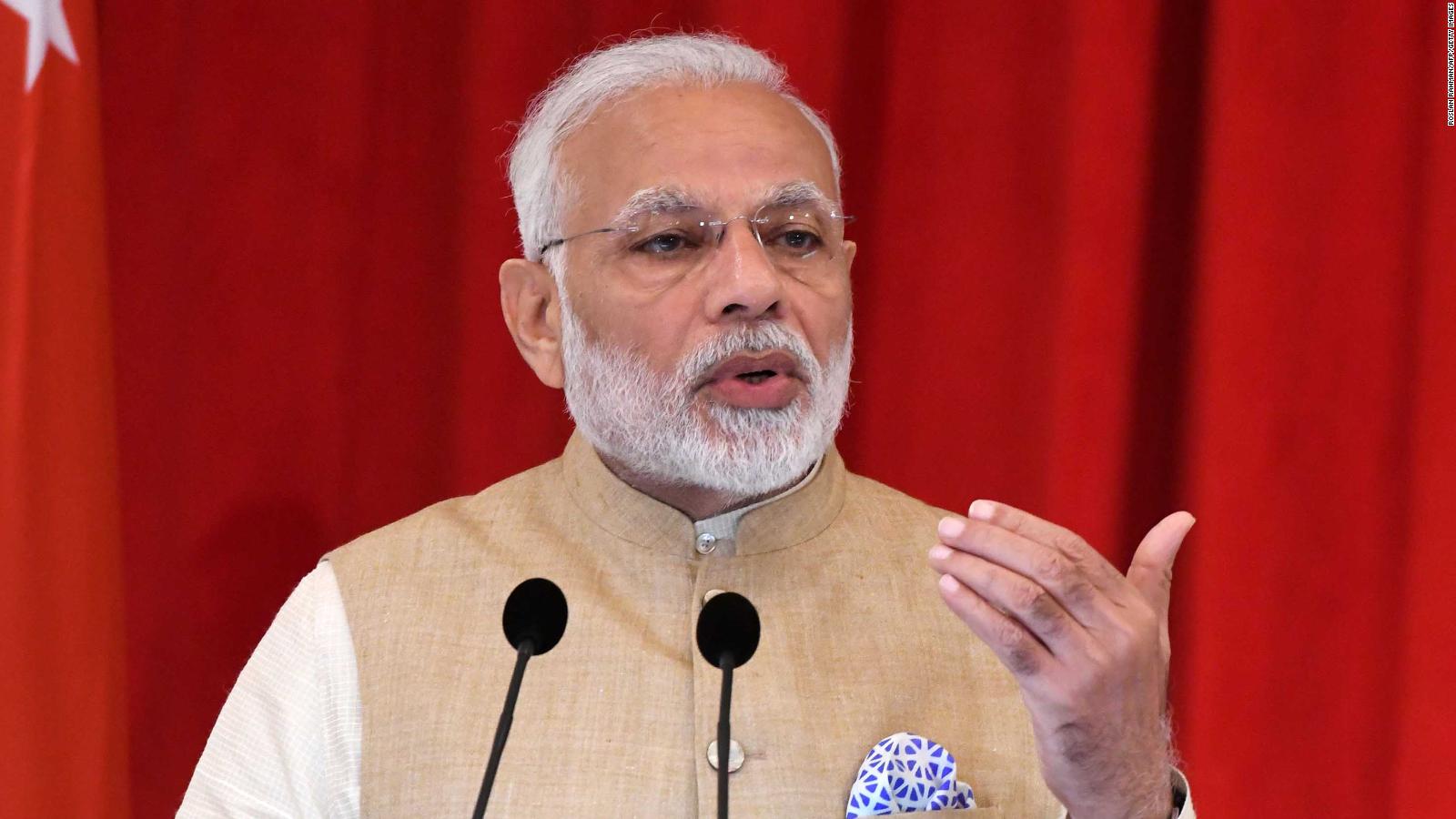
Prime Minister Narendra Modi and Defence Minister Rajnath Singh held a crucial meeting to review the security situation in Jammu and Kashmir following the recent terror attack in Pahalgam. The Prime Minister reiterated his commitment to delivering strong punishments to terrorists and their backers, while also reassuring the families of the victims. The attack, believed to be an attempt to disrupt the growth and progress of the region, has sparked international discussions, with Russia reaffirming its readiness to work with India to counter the global terrorist threat.
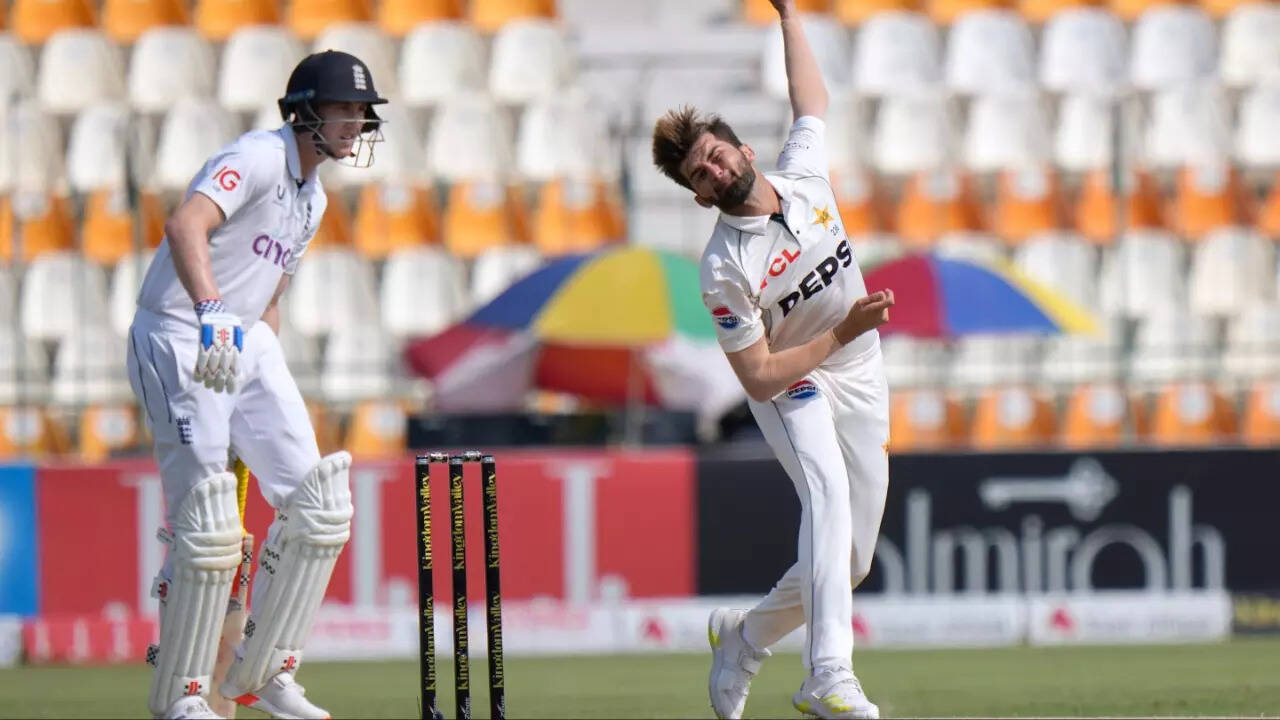
After the recent Pahalgam attack in Jammu and Kashmir, former Pakistan cricketer Shahid Afridi made controversial statements blaming India for the incident. He claimed that India promotes terrorism and kills its own people to put the blame on Pakistan. Afridi also expressed the need for sports diplomacy between the two countries and criticized India for not allowing the cricket team to travel to Pakistan. Despite his impressive career stats, Afridi's comments have sparked anger and backlash among Indians.

In response to the Pahalgam terror attack, the Indian government has taken further action against Pakistan by banning several Pakistani YouTube channels and top news networks in the country. These channels were found to be disseminating false narratives and misinformation against India, its Army and security agencies. This move is part of a series of non-military actions taken by the Indian government in the aftermath of the attack. Upon opening the banned YouTube channels, a message appears stating that the content is unavailable due to an order from the government related to national security or public order.
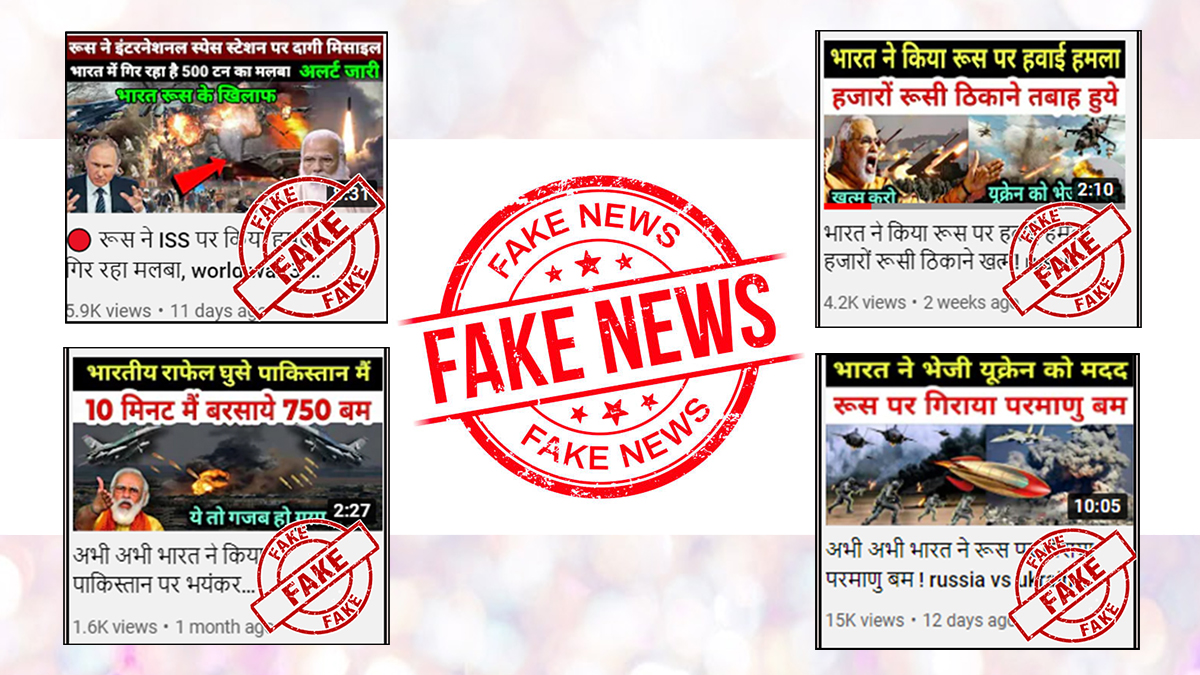
In response to the Pahalgam attack, the Indian government has blocked 16 Pakistan-based YouTube channels accused of spreading communally sensitive content. These channels had a combined total of 63 million subscribers. Meanwhile, Pakistani troops continued to violate ceasefire along the Line of Control. This follows heightened tension between India and Pakistan after the terror attack in Pahalgam.
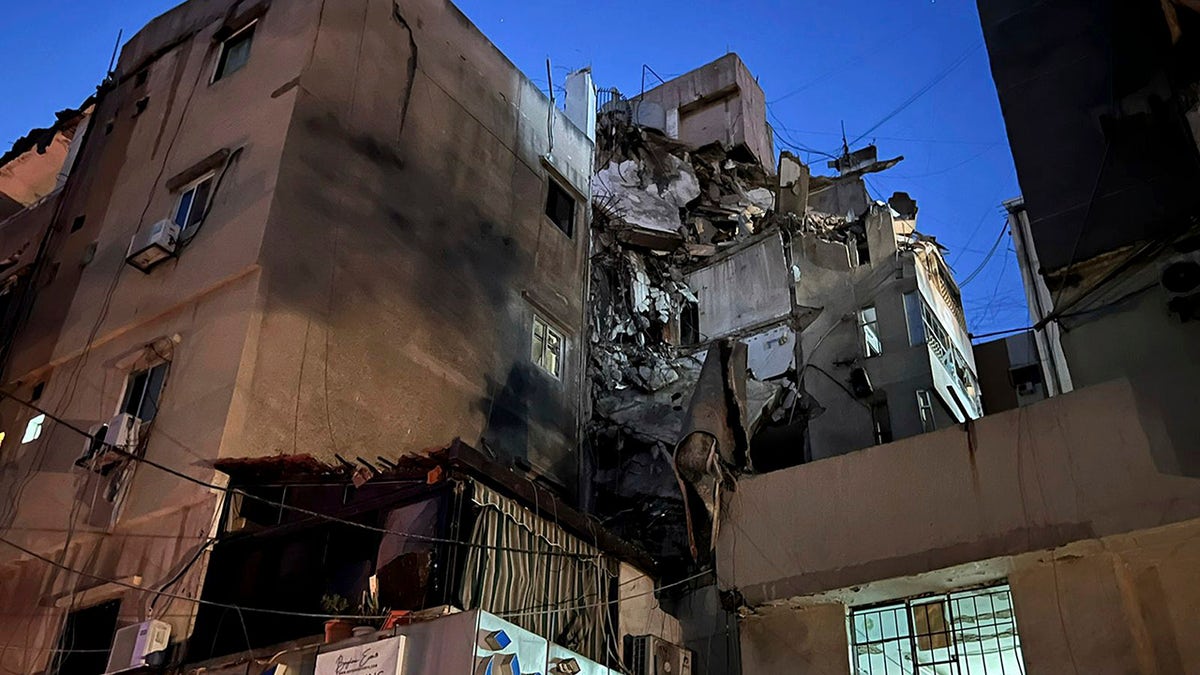
Tensions between Israel and Lebanon continue to escalate as Israel strikes South Beirut for the third time since the November 27 ceasefire. Lebanese President Joseph Aoun has called on France and the United States, who act as guarantors of the ceasefire, to put a stop to Israel's attacks. Israel claims the strikes are targeting Hezbollah's "precision-guided missiles," while Lebanon condemns them as a violation of the ceasefire agreement. The United Nations has appealed to both sides to halt any actions that could further escalate the situation.
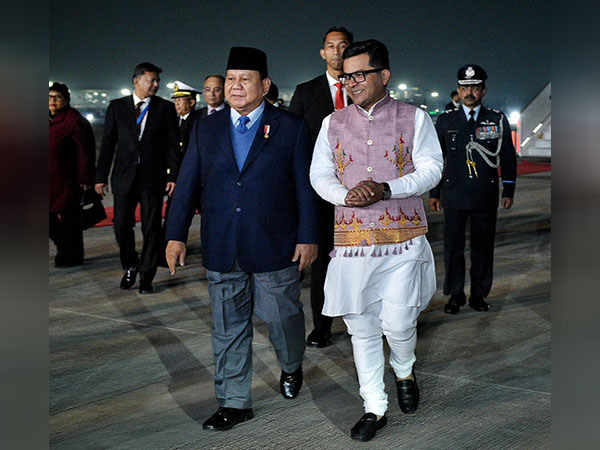
The Indonesian President, Prabowo Subianto, was the chief guest at India's 72nd Republic Day celebrations on Sunday. However, Pakistani expert Qamar Cheema has alleged that India 'put pressure' on Indonesia, leading to the cancellation of Subianto's visit to Pakistan. This move, according to Cheema, was India's way of 'settling scores' with Pakistan and Bangladesh, with whom they have growing relations. He also attributed this to India's strong economy, stating that Pakistan needs to focus on improving its economy to avoid such actions in the future.

Amidst the growing tensions between India and Pakistan, rumours circulated that Pakistan's Army Chief General Syed Asim Munir had gone missing or had fled the country. However, the Pakistani government released a photo on social media showing General Munir attending a public event with Prime Minister Shehbaz Sharif in Abbottabad on April 26, 2025. This move was seen as an attempt to dispel the speculation and present a united front amidst the escalating conflict between the two countries following the Pahalgam terror attack.